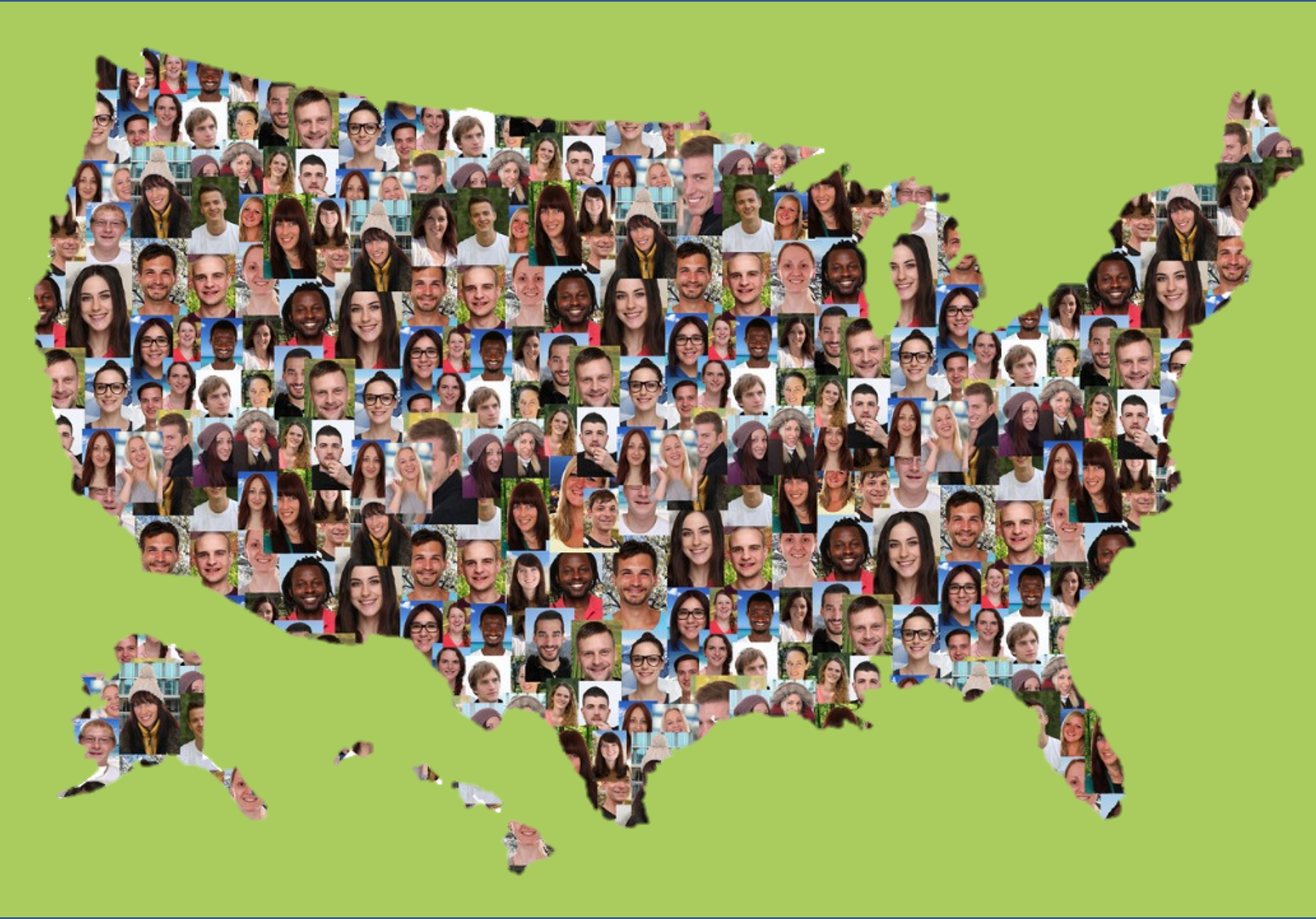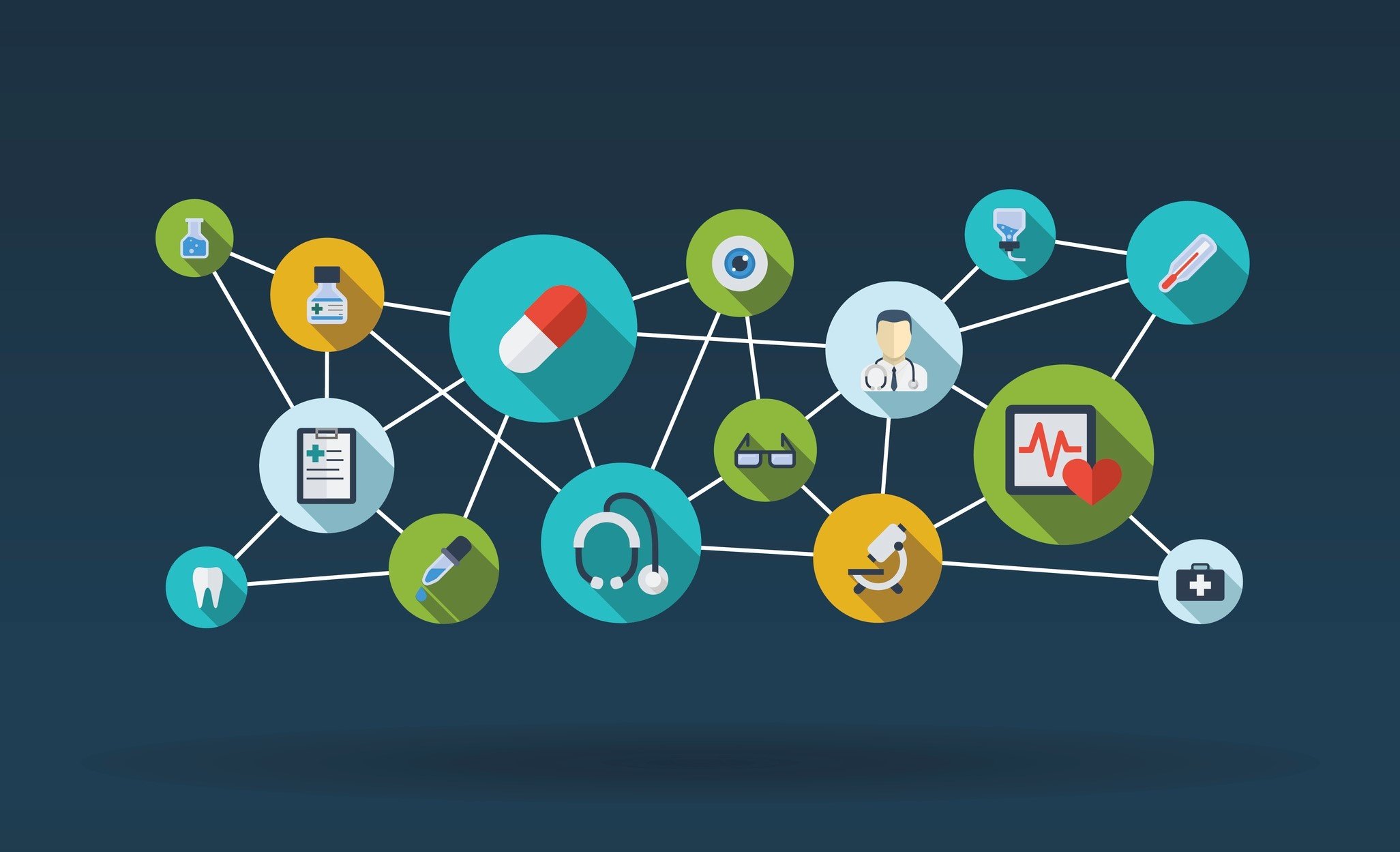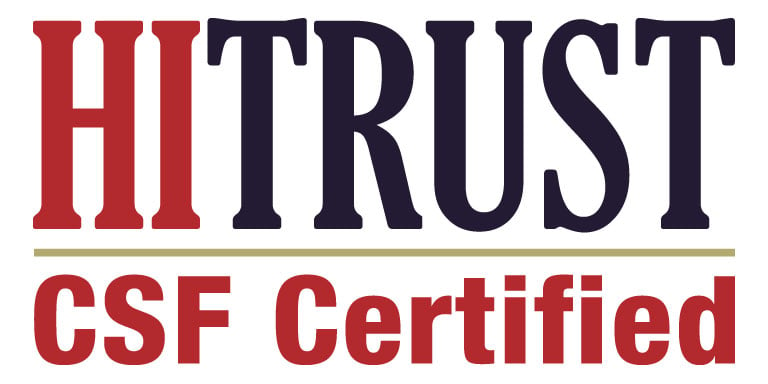The efforts to generate and gather healthcare data have paid off. Approximately 61% of Americans are using wearable devices to track their health1, nearly 87% of doctors use electronic health record (EHR) systems in their offices2, and as of May 2018, there are more than 96 thousand clinical trial sites in the US generating clinical data3. These millions of data points mean that as much as 30% of the entire world’s stored data is generated in the healthcare industry4. Due to this abundance, we are on the precipice of making precision medicine a reality by better understanding disease and...
The growth of “big data” has revealed one undeniable truth: the more data available, the better the insights and the more that you can learn. That is certainly the case in the healthcare industry where biopharma, health plans and providers are generating, consuming and collecting more data than ever before.
Traditional data sources like electronic health system records (EHR), claims, and labs spurred a wave of population health efforts in the early 2000's. These programs promised to reduce costs and improve outcomes for patients, but were based on models of care for a hypothetical average...
Not so long ago key stakeholders in the healthcare industry tended to operate in their own separate worlds. Biopharma companies, health plans, providers and healthcare consumers certainly interacted, but in most cases they each focused on dealing with their own specific challenges.
The availability of data combined with the power of Artificial Intelligence (AI) is causing disruption and raising questions across a number of industries, including healthcare. The electronic medical record has provided digitized health information. Genomic data is now working its way into datasets. There have been impactful innovations in the areas of targeted intervention, drug and device development, software applications, population health approaches, collaboration among healthcare stakeholders and, precision medicine.
More than 30,000 people a year are diagnosed with multiple myeloma in the United States, making it the second most common type of blood cancer. Researchers have yet to find a cure, in part due to the diverse ways the disease manifests itself, but recent advances in cancer research have made it a treatable disease.
The availability of genomic data and power of artificial intelligence is driving more progress in the understanding of multiple myeloma. Causal machine learning (causal ML) – a powerful form of artificial intelligence – has the ability to reduce the time to study disease and...
Current cancer treatments provide benefits to only one out of every four patients. Drugs for Alzheimer’s are ineffective for 70 percent of patients. Medicines for arthritis (50%), diabetes (43%), and asthma (40%) have no benefits for large portions of afflicted individuals. In general, according to a report from the Personalized Medicine Coalition (PMC), many FDA-approved drugs are ineffective on average for nearly half the targeted patient populations.
These sobering statistics are hard to believe in an era of advanced technology, but not so surprising when you get to the core issue....
Imagine if we could approach healthcare with the precision that retailers like Amazon and Netflix use to reach their customers. Imagine if we could grasp the holy grail of precision medicine and harness the ability to match patients with the specific treatment or intervention that is most effective for them as individuals.
How can we scale precision medicine so that every patient is provided with a personally optimized treatment plan? How can we turn data into models of disease progression and drug response, so we can discover novel biomarkers and accelerate drug discovery and development?
Most people have never heard of causal learning, but the concept is an important one for the future of healthcare because it holds the key to understanding and fighting disease and improving outcomes. However, to understand how and why causality is so important in the fight for better healthcare, we have to first understand machine learning.
You may be familiar with the term “artificial intelligence”, which is a broader umbrella term that machine learning falls within. Anarticle in Xconomypublished earlier this year goes into detail on artificial intelligence (AI) and starts by talking...
Now it’s time to introduce you to Iya Khalil, who co-founded GNS Healthcare with Colin Hill and serves as the company’s Chief Commercial Officer. When I sat down to talk with Iya, I wanted to get her insights into the company’s work and how it was going to bring its’ industry leading capabilities to more businesses and situations. I also wanted to know more about what the company is doing to identify and fight disease. She was able to help me understand how GNS is working with partners to improve the application of GNS’ solutions and the important work that remains to be accomplished. Now the...
As we’re getting the ball rolling with our new blog, we agreed that there couldn’t be a better way to kick things off than with an interview with GNS Healthcare CEO, Chairman, and co-founder Colin Hill. So when I had the chance to sit down for a discussion with Colin, what I wanted to know was what was the vision that convinced him to found GNS seventeen years ago and does that mission still hold true today. What I found is that he has been driven by one seemingly simple question: What needs to be discovered and uncovered to stop disease and its progression? He’s had a clear vision since 2000...

.jpg)


![Pyramid_Updated 4.11.18 [3]](https://info.aitiabio.com/hubfs/Pyramid_Updated%204.11.18%20%5B3%5D.png)






